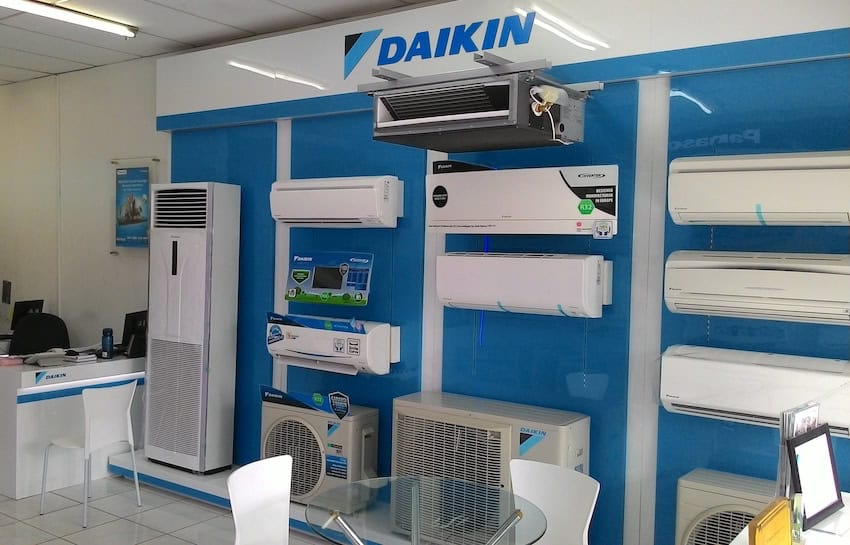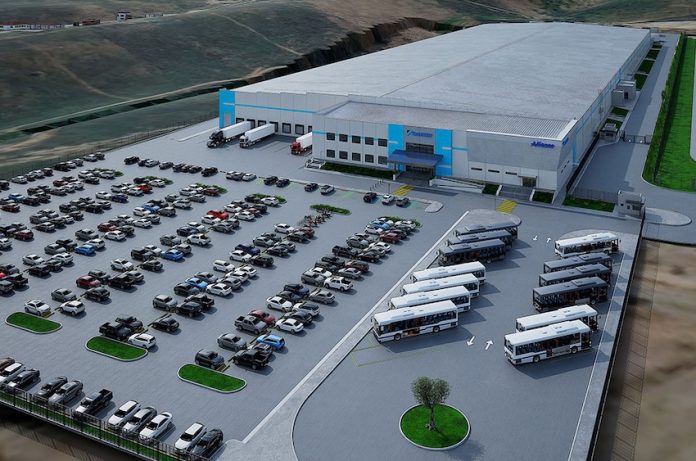Daikin Applied, a global leader in heating, ventilation and air conditioning (HVAC) products, broke ground on its new manufacturing facility in Tijuana, Baja California, last week. Daikin will invest at least US $121 million in the new plant, which is expected to create at least 1,150 permanent jobs.
The energy-efficient manufacturing plant is being built in collaboration with the Daikin subsidiary Alliance Air Products, based across the border in San Diego, and is expected to be operational by June 2025, according to the news website Forbes México.

Alliance Air Products, which currently operates a construction plant in Tijuana, is considered an expert in custom HVAC manufacturing, encompassing all aspects of implementation and operation while also manufacturing the equipment to fit specific client needs.
The new 46,000-square-meter plant will manufacture energy-efficient HVAC cooling solutions tailored specifically for data centers across North America. It also aims to achieve maximum efficiency and meet sustainability goals for both Daikin Applied and its customers, according to the newspaper Mexico Business News.
Yu Nishiwaka, director of operations at Daikin Applied, hailed the initiative, saying this is an important time for the HVAC industry which is growing exponentially due to economic trends and forces such as artificial intelligence and insourcing manufacturing.
“It is critical not just to meet the demand for cooling in data centers, but also to help data centers improve efficiency and sustainability with regard to energy consumption,” Nishiwaka said. “This expansion underlines our commitment to help our clients identify sustainability opportunities and achieve, if not surpass, decarbonization design objectives.”
The project also reflects Daikin’s and Alliance Air’s belief that there will be significant growth in the data center market throughout Mexico and North America.
Baja California Governor Marina del Pilar Ávila praised Daikin for the investment, saying it aligns with her government’s economic policies. “Baja California emphasizes attracting foreign investment that will foster innovation and create well-paying jobs,” she said, according to Mexico Business News.
Luis Plascencia, president and general manager of Alliance Air, spoke glowingly of the new plant. “We’ve been operating successfully in Tijuana for 20 years and have 986 exceptionally talented employees here. We are eager to continue this success and strengthen our relationship with the Baja California government as well as local leaders in Tijuana to make this new installation a reality.”
The Tijuana plant investment is part of the more than US $39 billion that foreign and multinational companies plan to invest in Mexico over the next two to three years, according to data compiled by the Economy Ministry (SE) from Jan. 1 through May 31.
With reports from Mexico Industry, Forbes México and Mexico Business News
